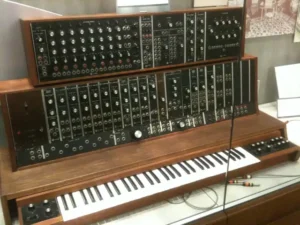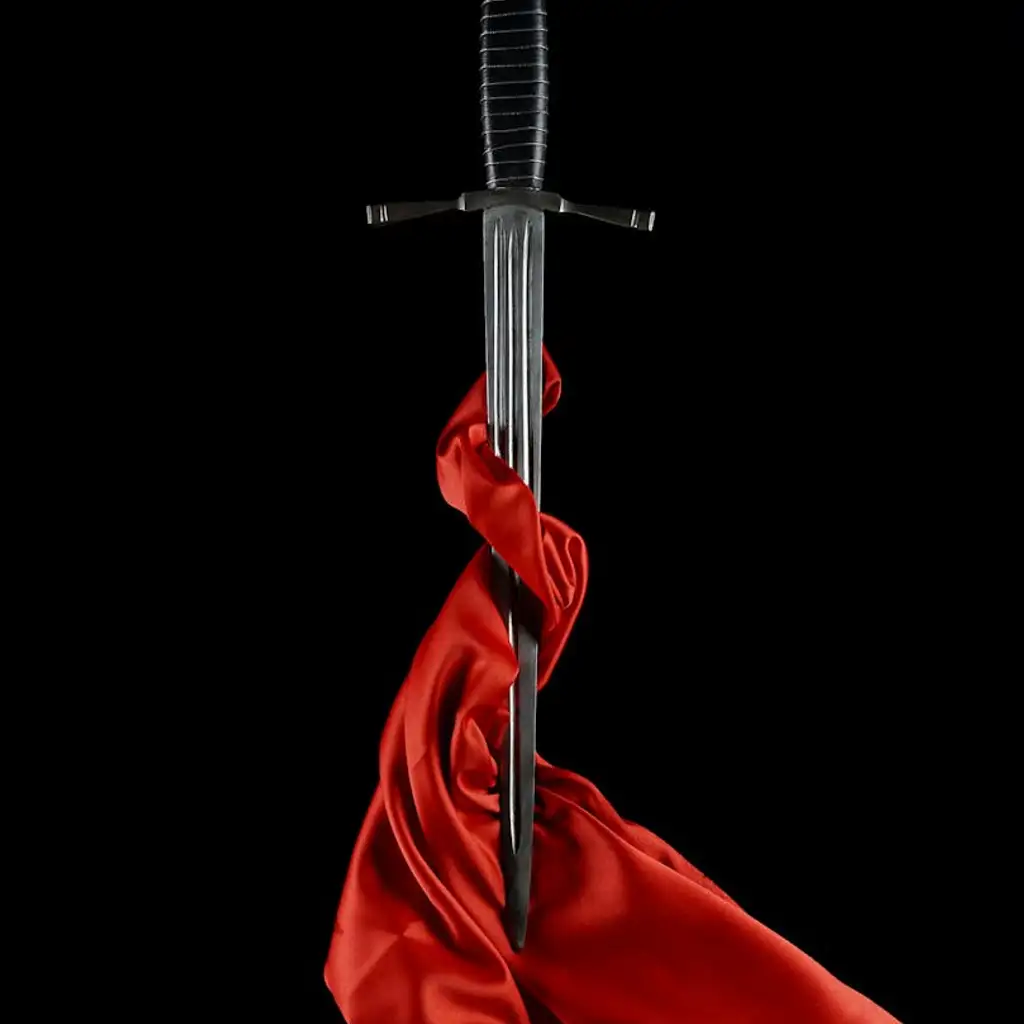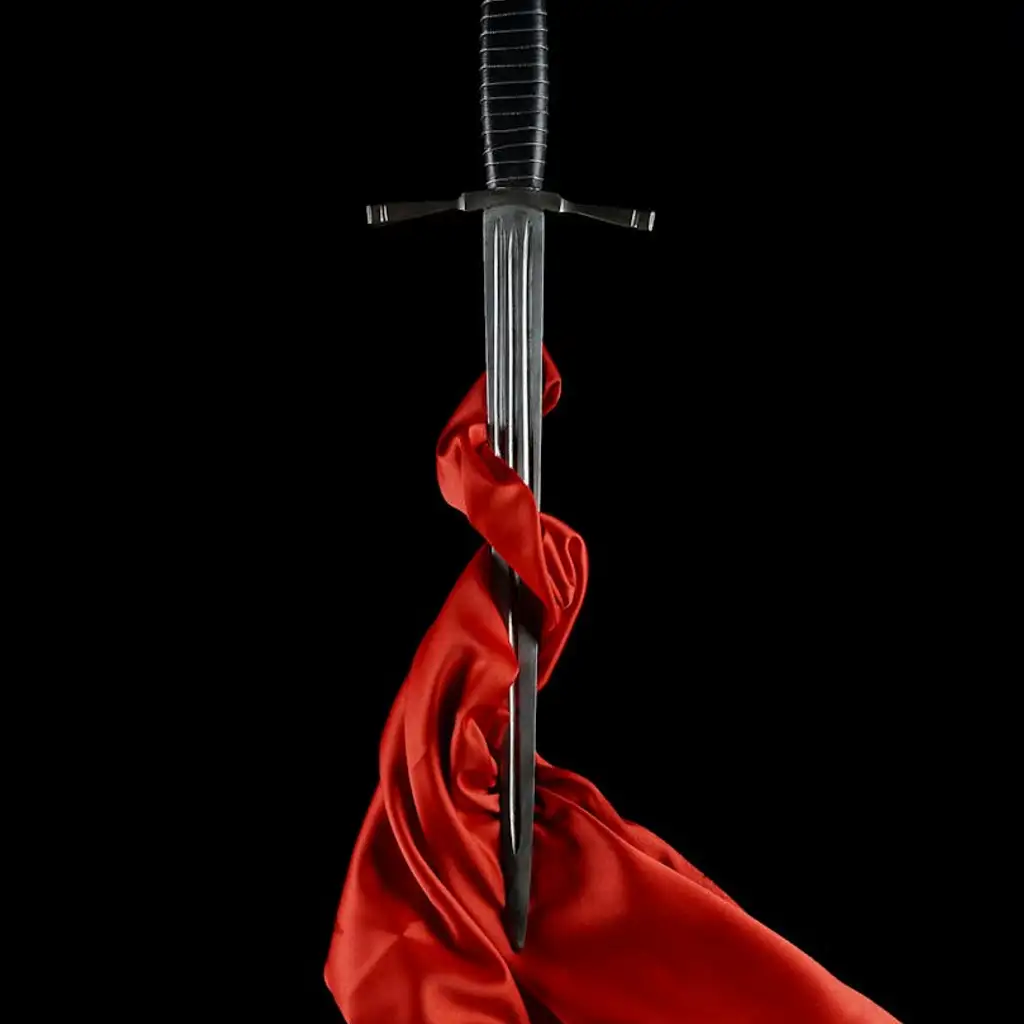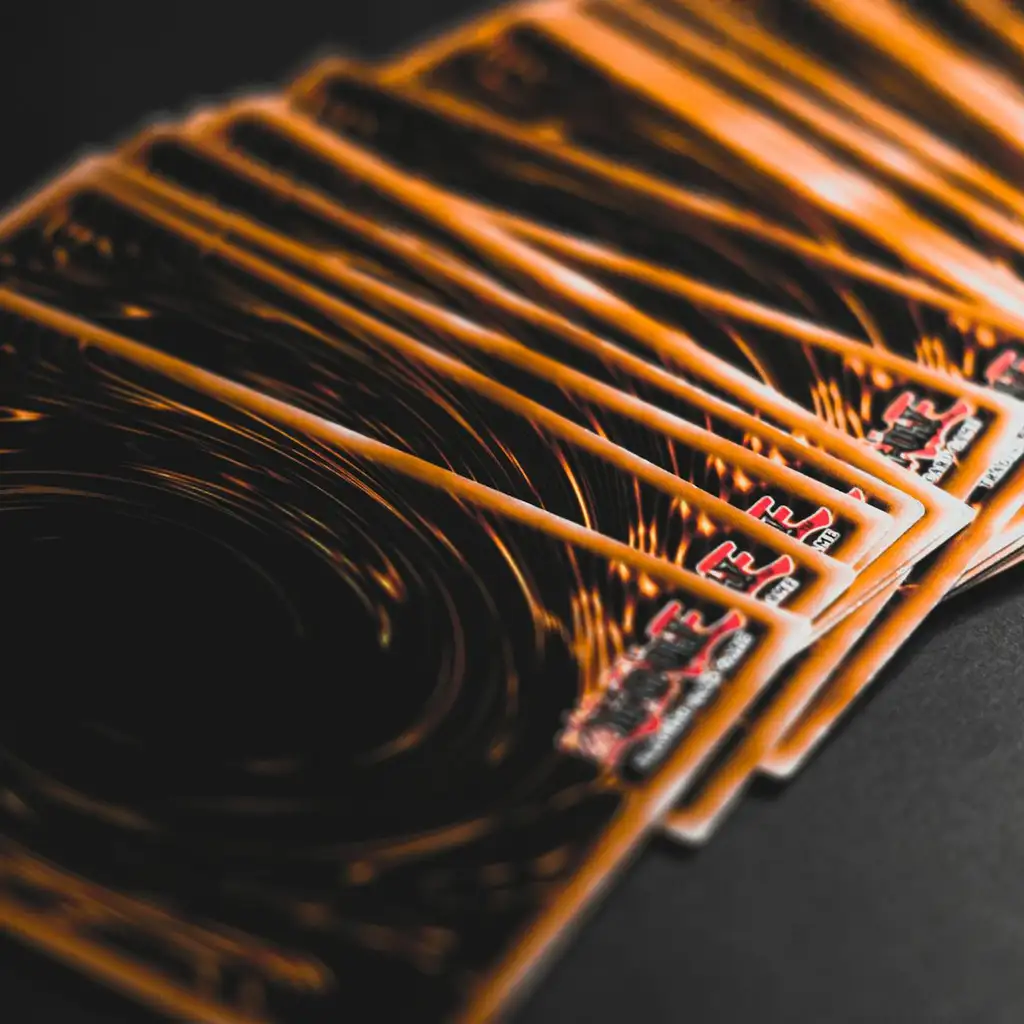Highlights from the Fest
One of the highlights was Ian Primus and his Prime 4450, a behemoth of a machine with a 32-bit CPU composed of six boards, plus eight more for I/O. This “small” model of the Prime line, originally built for multi-user operations on PrimeOS, came with both a disk and tape drive. Prime’s decline began with a failed merger in 1992, but its legacy lives on through enthusiasts like Primus, who meticulously maintains the few surviving units despite ongoing power challenges.
The event also celebrated the legacy of Digital Equipment Corporation (DEC) and its PDP-series machines. Among the highlights was a PDP-8, displayed in the Vintage Computer Museum at Info Age. Christian Liendo from MARCH led a tour through the museum, recounting the PDP-8’s journey from a dusty barn, complete with a former mouse nest. DEC’s impact on computing is marked by its pioneering Alpha chip, a high-performance processor that cemented its place in tech history.
MARCH’s collection grows thanks to donations from the community, often from people who once used the equipment professionally. Two additional vintage computers joined the collection during the event, destined for restoration by knowledgeable volunteers eager to bring them back to life.
Rediscovering Forgotten Tech: Perkin-Elmer
A rare sight was a vintage computer from Perkin-Elmer, a company primarily known for scientific instruments. In the 1970s and 80s, Perkin-Elmer ventured into multi-user systems before shifting its focus back to scientific hardware as computing migrated to desktops. The company’s early contributions to scientific computing are less known today, but the Fest reminded attendees of its once-significant role.
Modernized Classics and Creative Modding
Among the most innovative displays was Ralph Dodd’s modified Kaypro, one of the early “portable” computers. After finding the internals unsalvageable, Dodd repurposed the Kaypro case with an Atari motherboard and a monochrome display, combining retro aesthetics with a modern twist. His unique boot system allows software selection via a laptop connection, breathing new life into the Kaypro with updated functionality.
Dodd’s collection also included a hacked Atari gaming console with a modified cartridge capable of holding 64 games. Flicking toggle switches on the cartridge determines which game boots, showcasing an inventive use of retro technology.
The Commodore 64 Takes Center Stage
Perhaps the most crowd-pleasing exhibit was the Commodore 64, a favorite for many attendees. One of the C64s on display featured an innovative setup that used compact flash cards instead of traditional floppy disks, allowing the classic system to access up to 4GB of storage. Even more impressive was the Shredz64 setup, a hardware/software combination that transformed the C64 into an 8-bit version of Guitar Hero, complete with a guitar controller. This playful modification consistently drew a crowd, highlighting the C64’s adaptability and the creativity of modern hobbyists.
A Journey Through History
The Vintage Computer Fest East captured the evolution of computing through a lively mix of preservation, creativity, and nostalgia. From early multi-user systems like the Prime 4450 to Atari modding and the timeless charm of the Commodore 64, the event showcased how vintage technology continues to inspire and innovate. For enthusiasts, it was a reminder that the legacy of these machines isn’t just in the hardware itself but in the dedication of those who keep them alive for future generations to appreciate.








